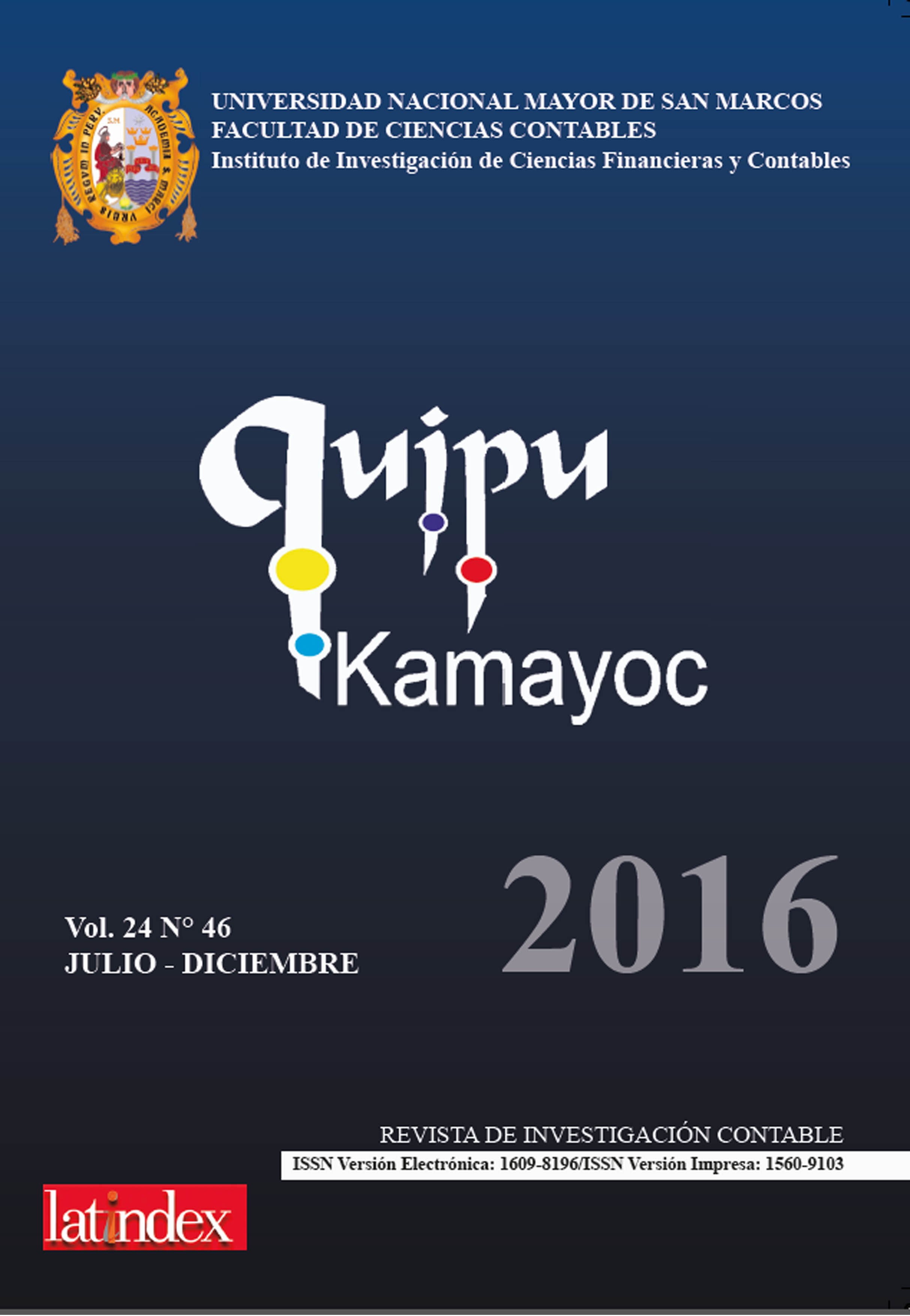ETHICS AND EPISTEMOLOGY IN SCIENTIFIC RESEARCH. TRENDS AND PERSPECTIVES
DOI:
https://doi.org/10.15381/quipu.v24i46.13208Keywords:
Ethics, epistemology, scientific research, qualitative, quantitative, trends and perspectivesAbstract
This research is a qualitative study, descriptive and documentary, and its purpose is to analyze and describe the ethical and epistemological trends and perspectives in scientific research. Ethics and epistemology in scientific research is a basic and fundamental need for science because of its philosophical dimension. Ethics is a theoretical discipline of philosophy that studies the principles that regulate the behavior and conduct of the human being, and epistemology studies the processes and results of scientific research. They are both considered as observers of the construction of science, meaning the validity or invalidity of the investigation. The position of ethics in research is a requirement that indicates compliance with the rigor, honesty, formalization and analysis of the field of study. This means that scientists must fulfill the responsibility, and objectivity of the theoretical consultations for obtaining the results. And the position of epistemology is to observe the logical coherence of the processes and results of research. It is considered science of the sciences. Likewise, ethical and epistemological trends and perspectives allow the rigorous development of research.
Downloads
Downloads
Published
Issue
Section
License
Copyright (c) 2016 Ruth Mirihan Romero Huamani

This work is licensed under a Creative Commons Attribution-NonCommercial-ShareAlike 4.0 International License.
AUTHORS RETAIN THEIR RIGHTS:
a. Authors retain their trade mark rights and patent, and also on any process or procedure described in the article.
b. Authors retain their right to share, copy, distribute, perform and publicly communicate their article (eg, to place their article in an institutional repository or publish it in a book), with an acknowledgment of its initial publication in Quipukamayoc .
c. Authors retain theirs right to make a subsequent publication of their work, to use the article or any part thereof (eg a compilation of his papers, lecture notes, thesis, or a book), always indicating the source of publication (the originator of the work, journal, volume, number and date).






